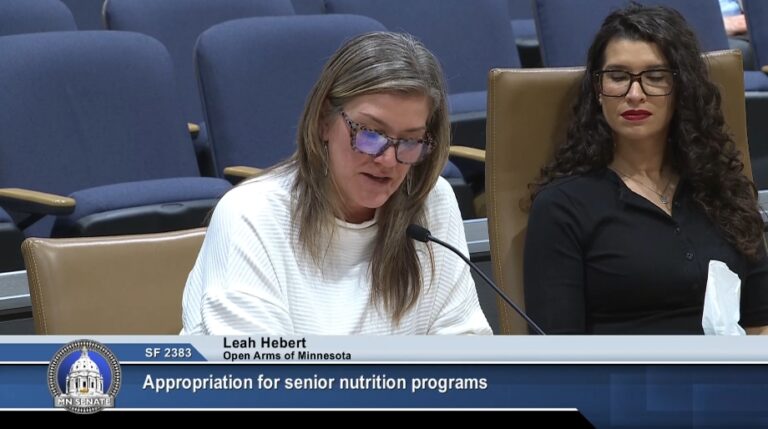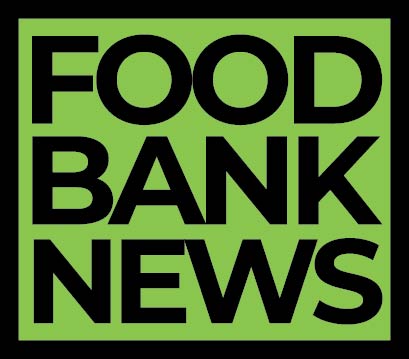Super Bowl Sunday is second only to Thanksgiving as the biggest food day of the year in the
For those of us who work in the non-profit world – especially for non-profit organizations that provide social services like hunger relief – the champion of all food days, Thanksgiving, is the kick-off of our busy season. On that day, volunteers are eager to assist at soup kitchens or deliver meals to those who are ill or elderly. The combination of the spirit of giving during the holiday season, along with tax incentives for financial contributions, results in year-end gifts that help balance our budgets in the final days of December.
Then we ring out the old year and ring in the new, and many people seem to hunker down for the remainder of the winter. Far fewer people call our agencies to volunteer and financial contributions dry up for months. Non-profit organizations, like many Minnesotans, just try our best to get through the remaining months of the winter. But what if the spirit of the season didn’t end on New Years Day? What if that same eagerness to share our time and resources with others continued – at least until Super Bowl Sunday?
This Super Bowl – even in a challenging economic environment – Americans are expected to spend $9.6 billion dollars with most of that money being spent on food and drinks. Assuming a population of approximately 304,000,000 Americans, that translates into roughly $31.50 being spent by every woman, man and child in the nation on snacks for the big game. If everyone would donate just one percent of the amount of money they will spend on the Super Bowl (an average of 32 cents per person) $96 million could be raised to support hunger and nutrition causes in the
The $9.6 billion in food and drink will be consumed by about 167 million adults who are expected to watch the showdown between the Steelers and the Cardinals. That’s a whole lot of television viewing hours. What if everyone who watched Super Bowl XLIII committed to volunteering just one hour in the next month for a food-related cause? That would be 167 million hours of volunteer time improving communities around the country.
By mobilizing one of the largest television audiences of the year to give – just one percent of the money they spend on snacks, and only an hour of the time – to non-profit organizations addressing hunger and nutrition issues, everyone, from the winning quarterback to the millions of chip-eating football fans, could be a Super Bowl champion.







